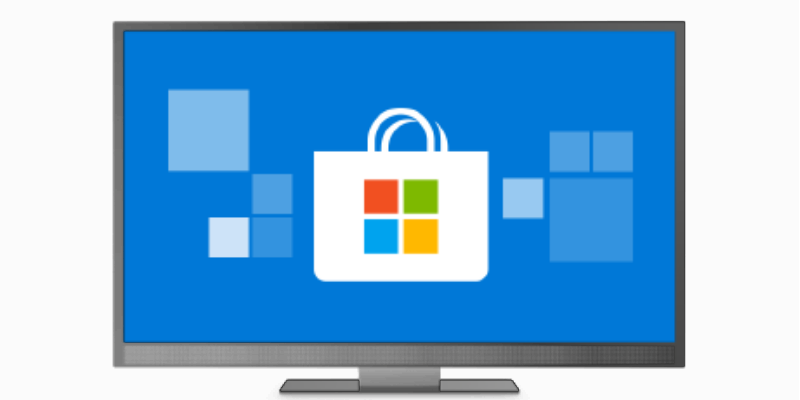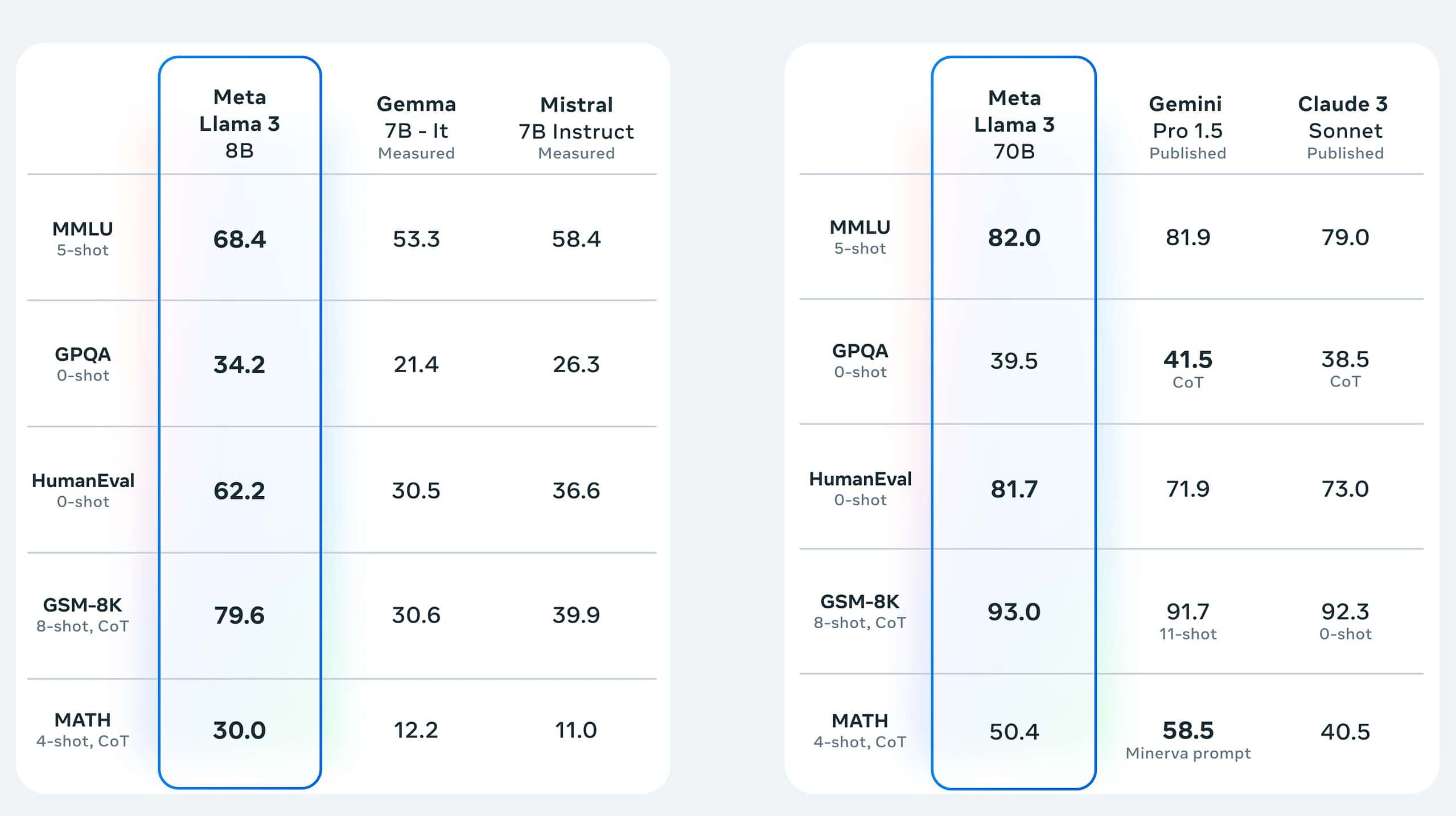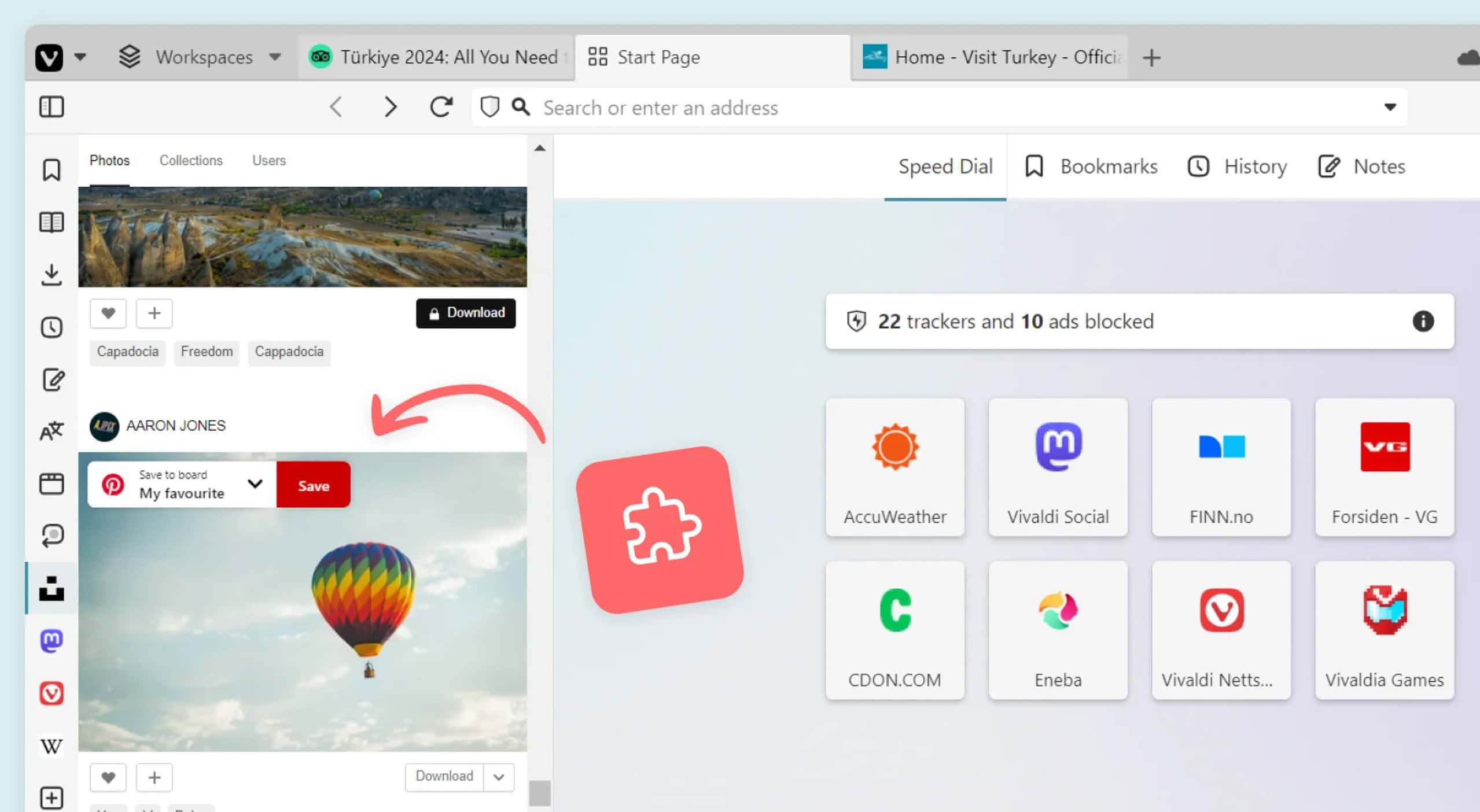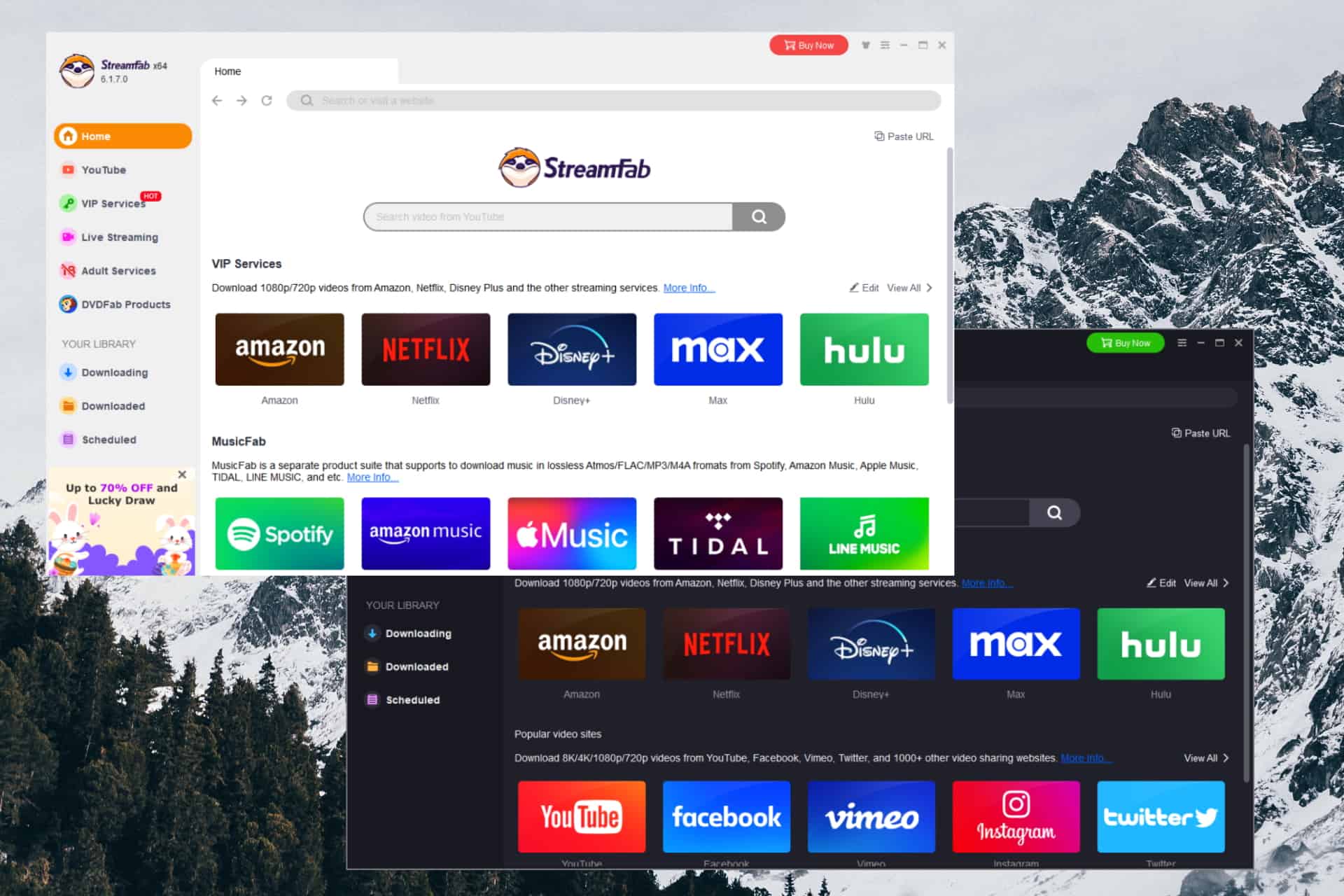Microsoft Store targets copycats by halting OSS app sales; legit developers disappointed
3 min. read
Published on
Read our disclosure page to find out how can you help MSPoweruser sustain the editorial team Read more

Microsoft Store announced that starting on July 16, it will begin prohibiting the sale of open-source apps that are generally free outside the store. The developer community is not happy about it. Giorgio Sardo, Engineering General Manager in the Experiences and Devices organization at Microsoft Corp, explains in a tweet that this action will tackle illegitimate app listings, but developers say that it can also affect the legit app creators.
I am disappointed by the @MicrosoftStore policy change that prohibits selling open source software. The Store provides independent open source developers an opportunity to create sustainable projects by charging a reasonable amount there. https://t.co/a3x9MSZJZS
— Hayden Barnes (@unixterminal) July 6, 2022
“I am disappointed by the MicrosoftStore policy change that prohibits selling open source software,” tweets Hayden Barnes, Senior Engineering Manager on Community and DevOps at
SUSE. “The Store provides independent open-source developers an opportunity to create sustainable projects by charging a reasonable amount there.”
Microsoft Store is a platform for developers who release open-source apps to collect donations and promote the visibility and accessibility of their apps. However, with the broad, vague policy coming, the said advantage will be stripped away from all developers.
“Several projects have benefited from being sold in the Store, not copycats, but the official upstream projects: WinSCP, Krita, more. In addition to hurting them, this could also drive more Store apps to go proprietary,” adds Barnes.
This is all true as Microsoft describes some of the apps on the store, such as Paint.NET. In its description, the store notes that by buying “Paint.NET in the Windows Store, you’ll be supporting its development directly (normally we ask for a donation).”
Sardo defends the planned change, saying it is only directed toward people who are putting and selling apps they don’t own on the Microsoft Store.
We absolutely want to support developers distributing successfully OSS apps. In fact there are already fantastic OSS apps in the Store! The goal of this policy is to protect customers from misleading listings. Thanks for feedback, we will review to make sure the intent is clear
— Giorgio Sardo (@gisardo) July 6, 2022
“We absolutely want to support developers distributing successfully OSS apps,” Sardo writes in a tweet. “In fact there are already fantastic OSS apps in the Store! The goal of this policy is to protect customers from misleading listings.”
Barnes says that he recognized the purpose of the policy change is “intended to thwart copycat open source apps repackaged by third parties and sold at absurd prices.” He adds that he supports removing such apps but expresses dissatisfaction at how it could adversely affect all developers in general.
“Microsoft is an excellent open source ecosystem steward and Microsoft Store policies are significantly better than those of the Apple App Store and Google Play Store for both app developers and consumers,” Barnes notes. “However, I strongly encourage Microsoft to revisit the proposed policy as written because it sweeps in legitimate open source applications published by the official upstream projects. Revenue from sales in the Store supports independent open source application developers and sustainable open source projects.”
Sardo says he appreciates the feedback and that the company “will review to make sure the intent is clear.”







